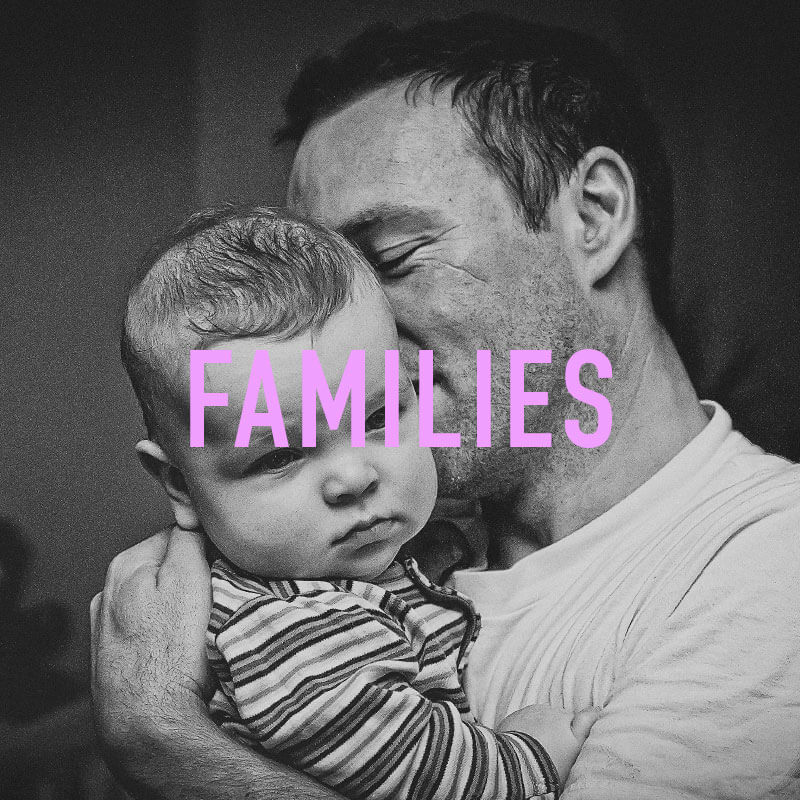
The role of emotions in ethics according to six big thinkers
Opinion + AnalysisRelationships
BY The Ethics Centre 16 APR 2021
It’s not easy to provide a clear definition of emotions. Philosophers and psychologists still haven’t agreed on what they are or whether they’re ethically important.
Most of us have lots of emotions and can name a dozen off the top of our heads pretty quickly. But there’s a lot more to understand. Why do they matter? Are we in control of our emotions? Should we prioritise our reason over our emotion?
Let’s take a look at what philosophy has to say.
Plato: reason rules emotion
For Ancient Greek philosopher Plato, emotion was a core part of our mind. But although it was core, he didn’t think emotions were very useful. He suggested we imagine our mind like a chariot with two horses. One horse is noble and cooperative, the other is wild and uncontrollable.
Plato thought the chariot rider was our reason and the two horses were different kinds of emotions. The noble horse represents our ‘moral emotions’ like righteous anger or empathy. The cranky horse represents more basic passions like rage, lust and hunger. Plato’s ideas set the precedent for Western philosophy in placing reason above and in control of our emotions.
Aristotle: what you feel says something about you
Aristotle had similar ideas and believed the wise, virtuous person would feel the right emotions at the right times. They would be depressed by sad things and angered by injustice. He also believed this appropriate kind of feeling was an important measure of whether you were a good person. He didn’t think you could separate the kind of person you were from the way you felt.
So if you find it funny when someone slips over in a puddle, Aristotle would argue that says something about you. It doesn’t matter whether you then offer them a towel or ask if they’re okay. The amusement you felt in response to their suffering reflects your character. He thought your job is to work hard so instead of laughing at such situations, you feel empathy and concern.
Hume: emotion rules reason
Scottish philosopher David Hume thought this view was naive. He famously said reason is “the slave of the passions”. By this he meant our emotions lead our reason – we never choose to do anything because reason tells us to. We do it because an emotion pushes us to act. For Hume, reason isn’t the charioteer driving our emotions, it’s more like the wagon being pulled along with no control over where it’s headed. It’s the horses – our emotions – calling the shots.
Hume and his friend Adam Smith developed a theory of moral sentiments that used emotion as the basis for their ethical theory. For them, we act virtuously not because our reason tells us it’s the right thing to do, but because doing the right thing feels good. We get a kind of ‘moral pleasure’ from acting well.
Kant: emotion strips our agency
Immanuel Kant thought this whole approach was entirely wrongheaded. He believed emotion had no place in our ethical thinking. For Kant, emotions were pathological – a disease on our thinking. Because we have no control over our emotions, Kant thought allowing them to govern our thinking and action made us ‘automated’, and that it is the only reason that made us autonomous and capable of making truly free decisions.
Freud: our unconscious drives us
More recent ideas have questioned whether there is such a thing as ‘pure reason’ (a concept Kant named one of his books after). Psychoanalysts like Sigmund Freud encouraged us to see our motivations as driven by unconscious urges and inclinations. More recent work in neuroscience has revealed the role unconscious bias and heuristics play in our beliefs, thinking and decisions.
This might make us wonder whether the idea that reason and emotion are two separate, rival forces is accurate. Another mode of thinking suggests our emotions are part of our reason. They express our judgements about how the world is and how we’d like it to be. Are we passive victims of our emotions? Do we spontaneously ‘explode’ with anger? Or is it something we choose? Our answer will help us determine how we feel about things like ‘crimes of passions’, impulsive decisions and how responsible we are for the feelings of other people.
Carol Gilligan: What is this sexist nonsense?
You may have noticed that all the names on this list so far are men. For psychologist Carol Gilligan, that’s not a coincidence. In her influential work In a Different Voice: Psychological Theory and Women’s Development, Gilligan argued that the widespread suspicion of ethical decisions made on the basis of emotion, concern for other people and a desire to maintain relationships was sexist. Most theorists had argued that reason, not emotion, should drive our decisions. Gilligan pointed out that most of the ‘bad’ ways of making decisions (like showing care for certain people or using emotion as a guide) tended to be the ways women reasoned about moral problems. Instead, she argued that a tendency to pay mind to emotions, value care and connection and prioritise relationships were different modes of moral reasoning; not suboptimal ones.
For a long time, reason and emotion have been pitted against one another. Today, we’re starting to understand that, in many ways, emotions and reason are the same. Our emotions are judgements about the world. Our reasoning is informed by our mood, our environment and a range of other factors. Perhaps the question shouldn’t be “should we listen to our emotions?” but instead “how do we develop the right emotional responses at the right time?” That way, we can rely on our emotions as one of many pieces of information we can use to make better decisions.
Follow The Ethics Centre on Twitter, Facebook, Instagram and LinkedIn.
Ethics in your inbox.
Get the latest inspiration, intelligence, events & more.
By signing up you agree to our privacy policy
You might be interested in…
Opinion + Analysis
Health + Wellbeing, Relationships
Moral fatigue and decision-making
Opinion + Analysis
Politics + Human Rights, Relationships
Who’s your daddy?
Opinion + Analysis
Health + Wellbeing, Relationships, Society + Culture
Look at this: the power of women taking nude selfies
Opinion + Analysis
Relationships




